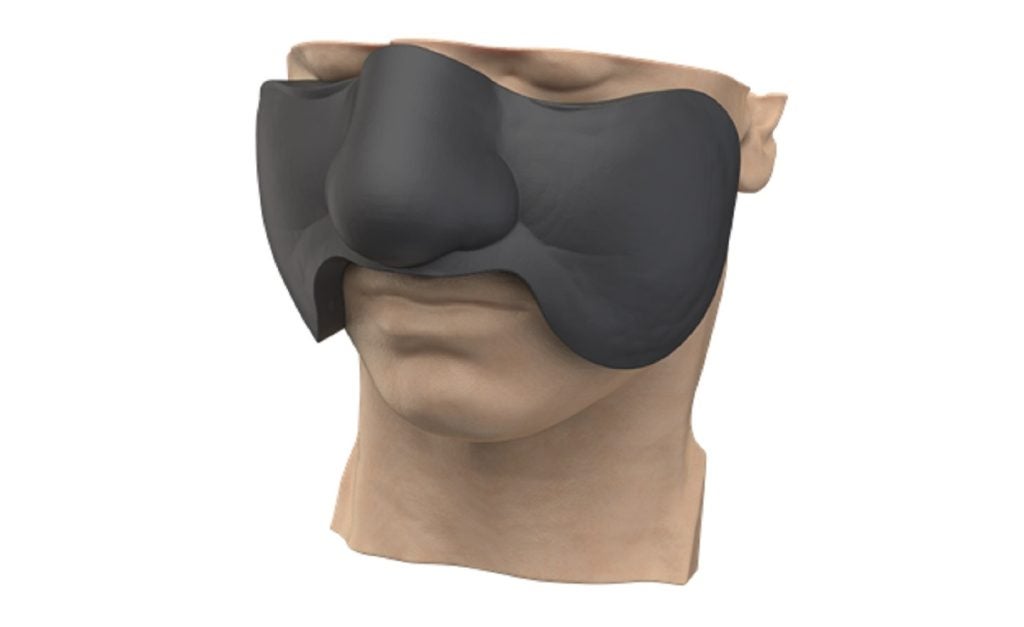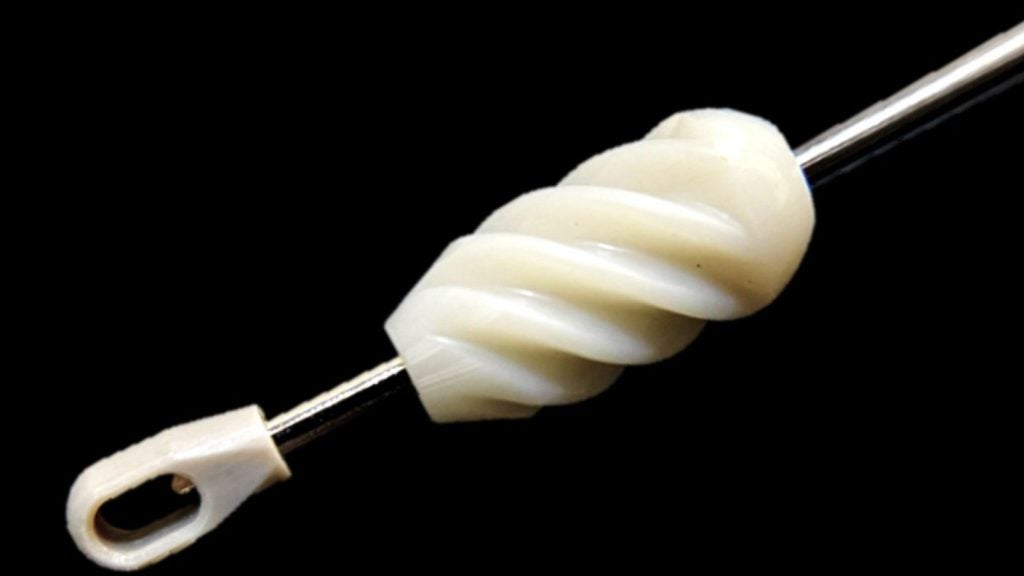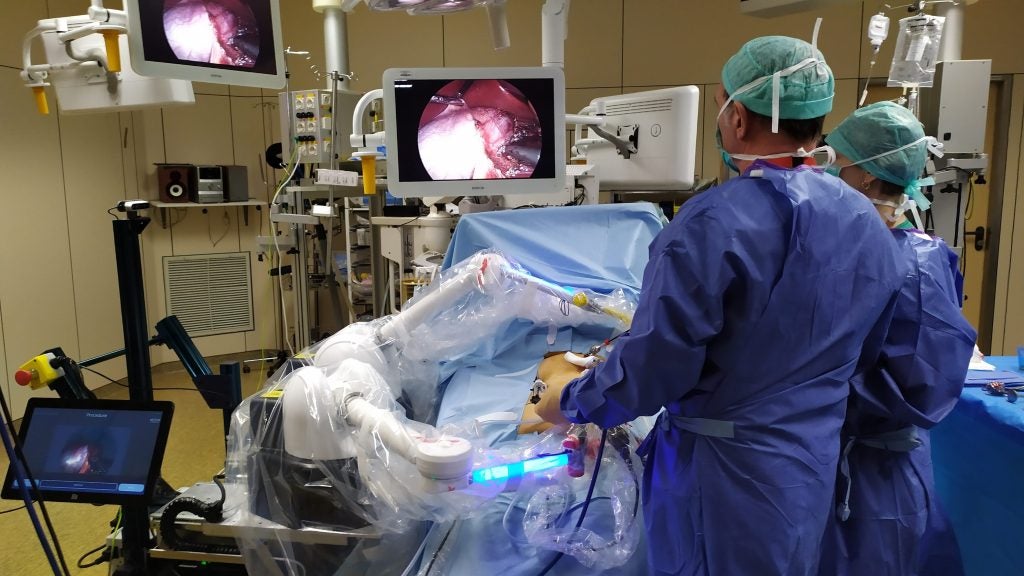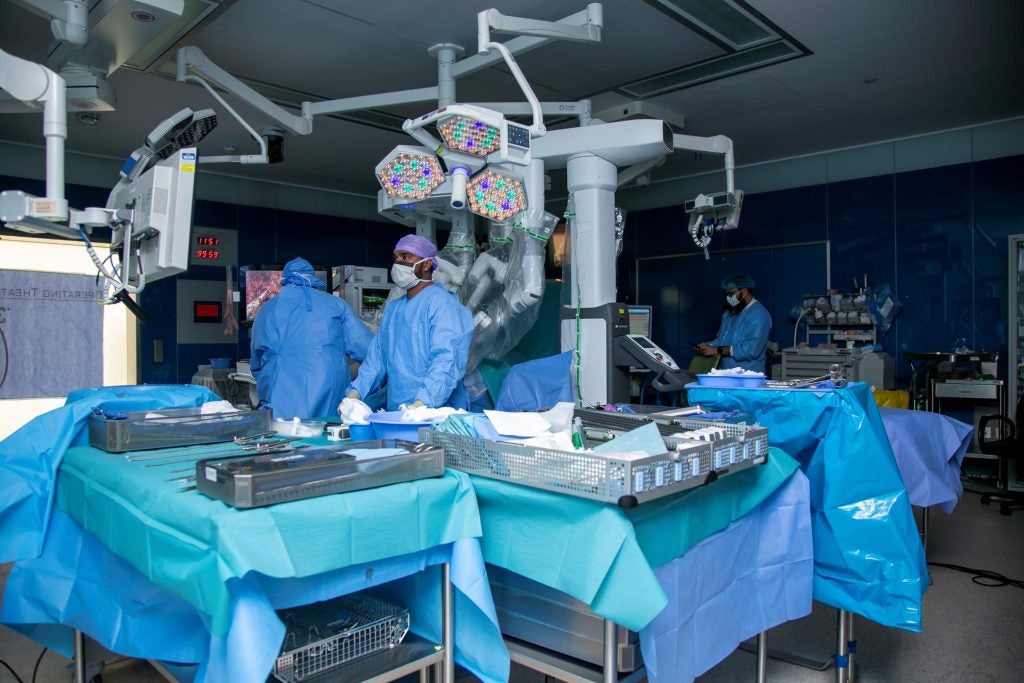EnCompass Technologies has received conditional investigational device exemption (IDE) approval from the US Food and Drug Administration to begin the US pilot study of its F₂ cerebral embolic protection (CEP) system.
The pilot study will be conducted with the system in patients undergoing transcatheter aortic valve replacement (TAVR).
The company’s F₂ filter is claimed to be the only filter with pores small enough to block most emboli to the brain while preserving the flow of blood.
It has the smallest average pore size at 30µm among all CEP devices.
During the TAVR procedure, the filter’s 360-degree wall apposition in the aortic arch helps prevent migration.
UCLA researchers conducted an in vitro study that compared the F₂ filter with Boston Scientific's Sentinel.
Artificial emboli of three sizes, including 45-53µm, 106-125µm and 250-300µm, were injected into the aortic root utilising the aortic arch’s 3D-printed silicone model perfused with saline at 5 L-min.
Effluent from the left and right common carotid and vertebral arteries was consistently collected.
In all emboli sizes, the F₂ filter prevented 94% more emboli from reaching the brain compared to the Sentinel.
In April this year, a first-in-human study that commenced in Tbilisi, Georgia, involved three patients undergoing TAVR who were administered the F₂ filter. This month, a similar pilot study started in Australia.
These pilot clinical studies will pave the way for a pivotal clinical trial in the US next year.
EnCompass Technologies CEO George Wallace said: “The US pilot study, along with our growing clinical experience outside the US, represents the beginning of our clinical journey towards demonstrating meaningful patient benefits.”
















